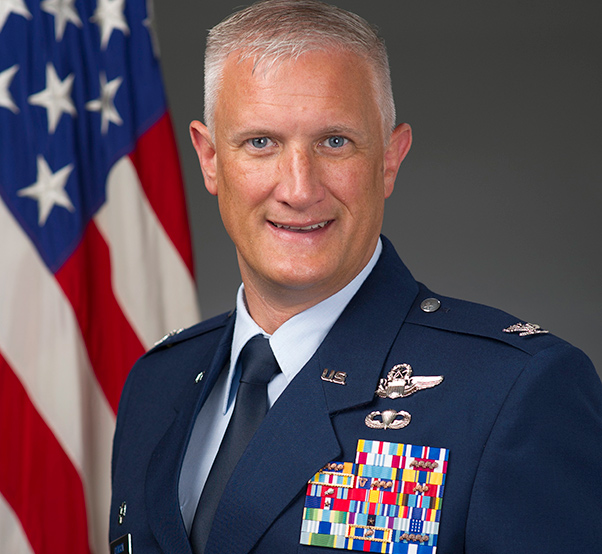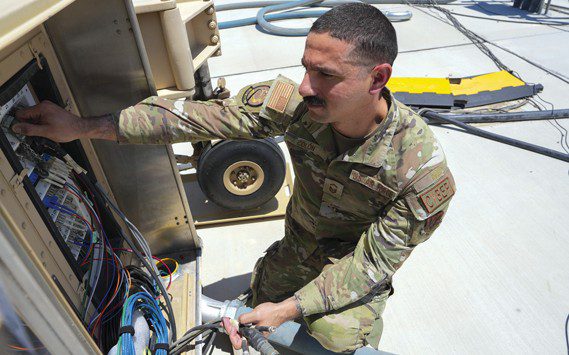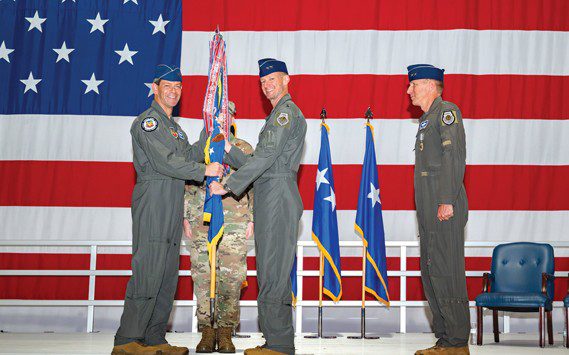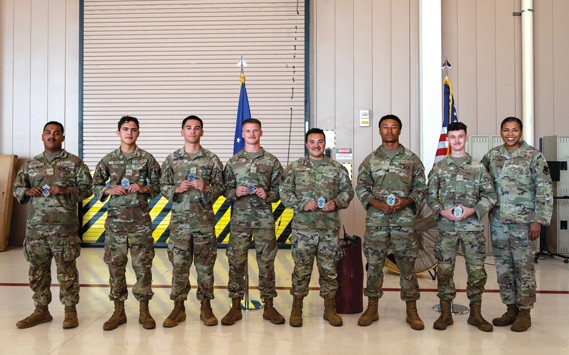As some of you might be able to relate, the other night I was reading a story on the internet, which led me to another story that led me to another that led to another.
My article-driven rabbit hole finally led me to YouTube and to watching a video about future National Football League Hall of Fame quarterback Peyton Manning; Specifically, the amount of time he’s dedicated to the study of game film and video. Just to provide an example of the level of study, after the 2014 season, he reviewed all 787 passes he threw during the season, allowing him to replay his game movements, intended receiver progression, and pass timing against defenses — all to fill his insatiable appetite to better himself at every opportunity and advance confidence within a complex system.
After watching the Manning segment, I was reminded of a passage from Brené Brown’s book “Dare to Lead” where she writes, “Grounded confidence is the messy process of learning and unlearning, practicing and failing, and surviving a few misses.” That “messy process” for Manning is the review of game video, for me, it is reflection.
Reflection is easier said than done. The hardest time to carve out of my day or week is time for reflection, but it is a must. You see, I failed early on in my career to heed the advice from my mentors and set aside time, no matter the duration, to reflect. I thought a sortie or mission debrief was all the reflection I needed — finding root causes or lessons learned to make the next mission better. From a technical point-of-view, that was true, and I was on my game; however, I was missing the bigger picture — the intangibles like emotional intelligence, decision making processes, and leadership philosophies, just to name a few. I lost valuable insight and conversations with myself, and not until I was faced with a tough decision as a squadron operations officer, did I re-evaluate the power of pen to paper.
The pen to paper reflection is my film room and practice field. While I look forward to diving right into reflection, I have three rules that govern my sessions in order to make the most of my reflections:
1. Be honest with myself. I must fight my ego getting the better of me by downplaying circumstances or outcomes of something I am reflecting on just to make me comfortable. This does not, and will not, benefit me when I look to apply reflection outcomes. However, this rule does not give me permission to beat myself up.
2. Reflect on the good. I do not solely focus on things that went bad. A reflection on the positive reinforces values, processes, and advances that “grounded confidence” to which Brené Brown refers.
3. Do not let “what ifs” take over. The what if trail is easy to do, especially when reflecting on a difficult circumstance or issue. To minimize this, I focus on what I learned and the positives generated from the outcome, not necessarily trying to change an outcome.
In closing, I offer a few additional thoughts on reflection. First, while most reflection is accomplished in solitude, sharing reflections with others allows one to gain a different perspective, to mentor, or to open up a deeper connection through conversation. Next, reflection should be incorporated into one’s personal life.
Finally, to me, reflection does not mean constantly living in past moments. There is a balance; glance behind using the smaller review mirror but spend the majority of time looking through the bigger windshield for what is in the now.
Reflection, it drives my daily mantra — ‘Better than before.’












